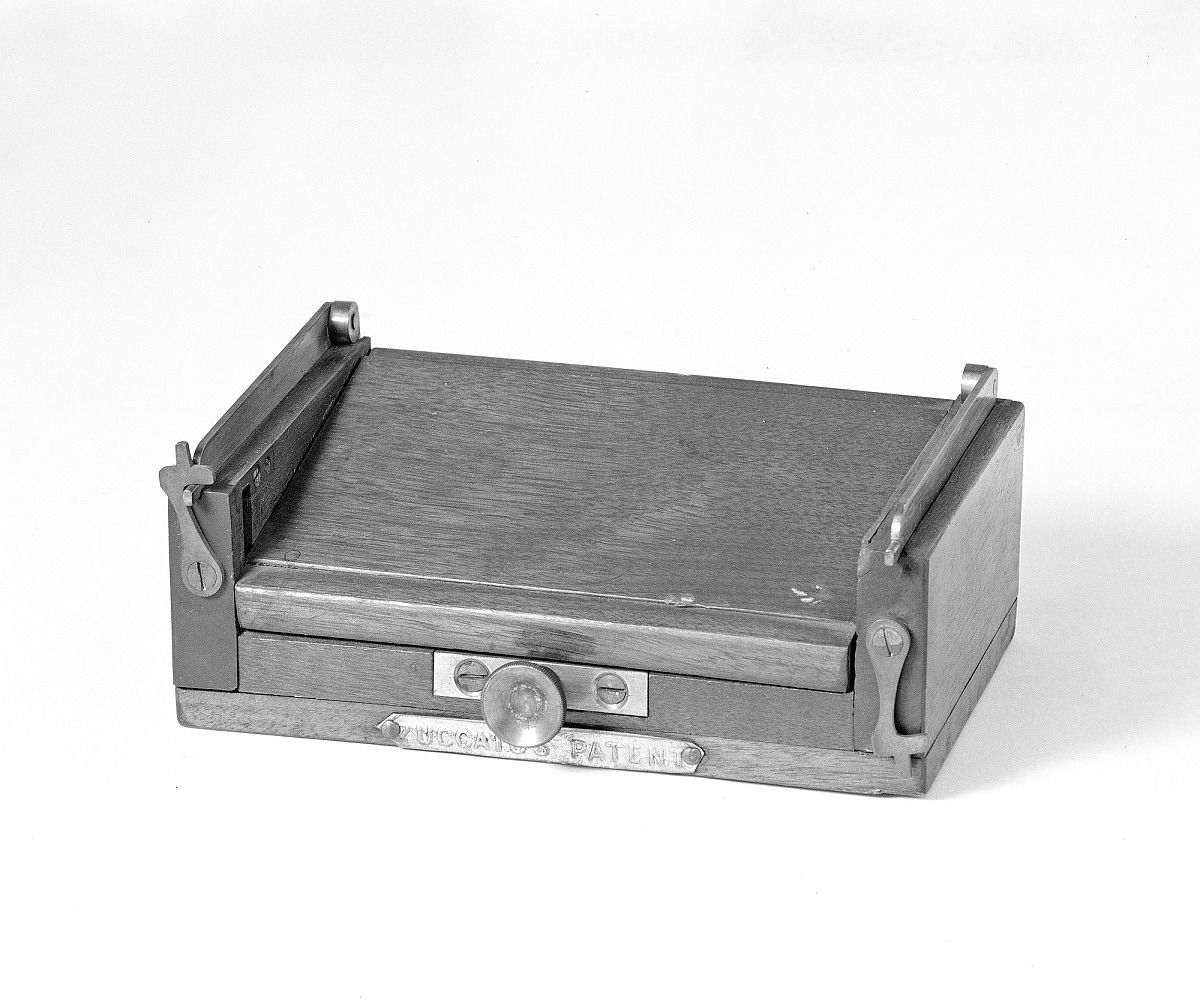The Gist: Ersatz Thoughts
Chatbots and AI text generators spent the week being put to shame by artisanal, human-made, unoriginal creations.

It is a truth universally acknowledged that the requirement to produce an opinion column of similar length at a set timetable will eventually result in the columnist going mad.
This is because, generally, people simply don't have that many opinions. Either the topics of columns become increasingly trivial or repetition sets in, requiring the familiar themes to be rehashed in an escalatingly strident and hysterical fashion.
So it is no surprise that the launch of a machine for making up written things has been met with dread fascination by the opinion-columnist classes. It is rather as though librarians found themselves receiving brochures for a service offering to just supply books by the yard.
Some have reacted with barely concealed relief, taking the opportunity of the discussion of machine learning-generated text to use it to write chunks of this week's word-mill burden.
Others have complained that the critical institution of homework is threatened. Homework is largely bunk, and so threatening it is akin to threatening an institutional habit of making parents feed their children large bowls of dry shredded wheat five afternoons a week. Any opportunity to get away from a widespread but worthless action should be embraced. What is the value of continuing with the form of a means of assessing education, even if technology has rendered it potentially worthless? The purpose of education is to enrich, inform and engage the student. Our university system was not established as a means to increase the national production of pedestrian student essays.
The best argument against Machine Learning-generated text or images is that the algorithm literally doesn't know what it is saying. It confidently cites sources that don't exist, written by scholars who never lived. It is not a database of knowledge or a creative force- just the product of a corpus of other people's original (and unoriginal) expression. It is to writing or image creation what those tik-tok videos of existing processed foodstuffs being recombined by Stepford Mid-Westerners is to cooking.
While serving up the written equivilent of hot-dogs mixed with jellybeans and mayo may resemble the basic shape of human expression, it only persuades those who mistake the form of a piece for the measure of its value. A familiar error to anyone who has witnessed an argument that harmful or hateful speech should be given a platform provided it is couched in a civil tone.
There has been one way in which having the OpenAI chatbot available as a benchmark was of value this week. Some of public men ran into monetary difficulties with things they had said and found themselves struggling with the rote rituals of self-justification and apology. Just as the technologically derived word-salads produced by AI algorithms have learned to present superficial and vauge phases to avoid revealing their gulfs of unknowing, so a Clarkson or a Tiernan will attempt iterative mixtures of responses until one seems to 'do'.
Of course, we only need chatbots producing predictable rote responses made up of recycled words and ideas if there's any risk of running out of the naturally occurring stuff. Fortunately, Ireland shows no sign of any shortage of this valuable guffery. As demonstrated by this piece arguing that a university should just keep things named after racists because the signs are there now, so you know, why change anything.
The main threat to the valuable expression of original ideas is that they would be buried under vastly more numerous pieces of regurgitated works produced in response to repetitive and unimaginative prompts. As any quick look at our current culture suggests, technology may contribute to the mass production of these ersatz thoughts but it certainly isn't the source of the problem.




